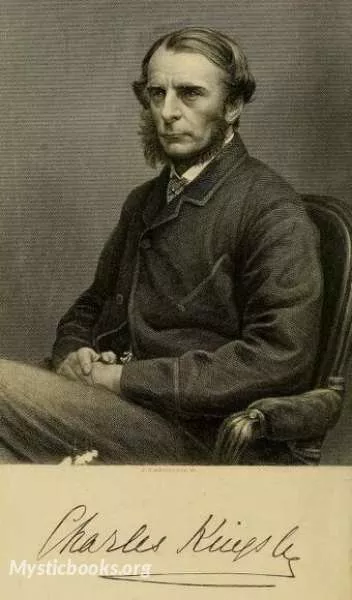
Timeline
Title
Country/Nationality
Charles Kingsley
Charles Kingsley was a broad church priest of the Church of England, a university professor, social reformer, historian, novelist and poet. He is particularly associated with Christian socialism, the working men's college, and forming labour cooperatives, which failed, but encouraged later working reforms. He was a friend and correspondent of Charles Darwin.
Kingsley was born in Holne, Devon, the elder son of the Reverend Charles Kingsley and his wife, Mary Lucas Kingsley. His brother Henry Kingsley (1830–1876) and sister Charlotte Chanter (1828–1882) also became writers. He was the father of the novelist Lucas Malet (Mary St. Leger Kingsley, 1852–1931) and the uncle of the traveller and scientist Mary Kingsley (1862–1900).
Charles Kingsley's childhood was spent in Clovelly, Devon, where his father was Curate in 1826–1832 and Rector in 1832–1836, and at Barnack, Northamptonshire. He was educated at Bristol Grammar School and Helston Grammar School before studying at King's College London and the University of Cambridge. Charles entered Magdalene College, Cambridge, in 1838, and graduated in 1842. He chose to pursue priesthood in the Anglican Church. In 1844 he became Rector of Eversley in Hampshire. In 1859 he was appointed chaplain to Queen Victoria. In 1860, he became Regius Professor of Modern History at the University of Cambridge and in 1861 a private tutor to the Prince of Wales.
In 1869 Kingsley resigned his Cambridge professorship and in 1870–1873 served as a canon of Chester Cathedral. While there, he founded the Chester Society for Natural Science, Literature and Art, which was prominent in the establishment of the Grosvenor Museum. In 1872 he agreed to become the 19th President of the Birmingham and Midland Institute. In 1873 he was made a canon of Westminster Abbey.
Kingsley sat on the 1866 Edward Eyre Defence Committee along with Thomas Carlyle, John Ruskin, Charles Dickens, John Tyndall, and Alfred Tennyson, where he supported Jamaican Governor Edward Eyre's brutal suppression of the Morant Bay Rebellion against the Jamaica Committee.
One of his daughters, Mary St Leger Kingsley, became known as a novelist under the pseudonym Lucas Malet. Kingsley's biography, written by his widow in 1877, was entitled Charles Kingsley, his Letters and Memories of his Life.
Kingsley received letters from Thomas Huxley in 1860 and in 1863 letters discussing Huxley's early ideas on agnosticism.
Charles Kingsley died of pneumonia on 23 January 1875 at Eversley, Hampshire, aged 55. He was buried there in St. Mary's Churchyard. Kingsley's interest in history is shown in several of his writings, including The Heroes (1856), a children's book about Greek mythology, and several historical novels, of which the best known are Hypatia (1853), Hereward the Wake (1865) and Westward Ho! (1855).
Books by Charles Kingsley
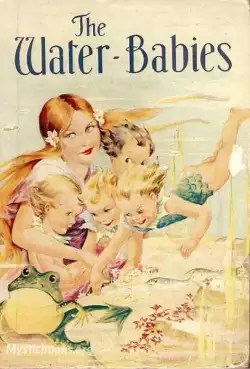
The Water-Babies
The Water-Babies, A Fairy Tale for a Land Baby is a children's novel by Charles Kingsley. Written in 1862–63 as a serial for Macmillan's Magazine, it was first published in its entirety in 1863. It was written as part satire in support of Charles Dar...
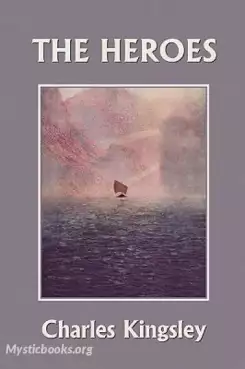
The Heroes, or Greek Fairy Tales for my Children
The Heroes, or Greek Fairy Tales for my Children by Charles Kingsley is a collection of three Greek mythology stories: Perseus, The Argonauts, and Theseus. The author had a great fondness for Greek fairy tales and believed the adventures of the chara...
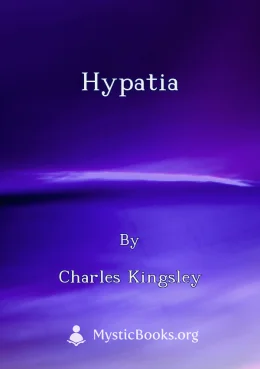
Hypatia
Hypatia is a historical novel set in 5th-century Alexandria, Egypt. The story revolves around a young monk, Philammon, who leaves his desert monastery to seek a life of religious devotion in the city. However, he soon becomes disillusioned by the cor...
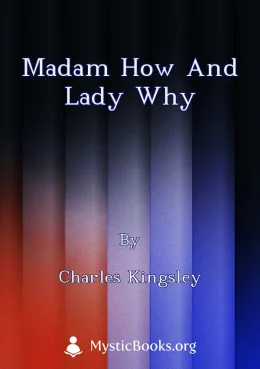
Madam How and Lady Why
This book, written in 1869, provides a comprehensive and accessible explanation of various natural phenomena, such as earthquakes, volcanoes, and other scientific concepts, making it an invaluable resource for parents and educators seeking to foster...
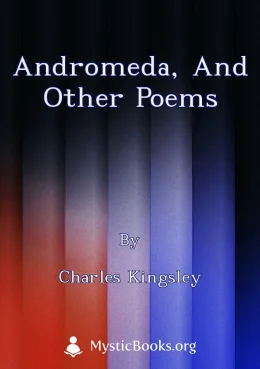
Andromeda, and Other Poems
This collection brings together some of Charles Kingsley's most celebrated poems, showcasing the breadth and depth of his literary talent. His works reflect a complex and multi-faceted personality, one that engaged with social issues, scientific adva...
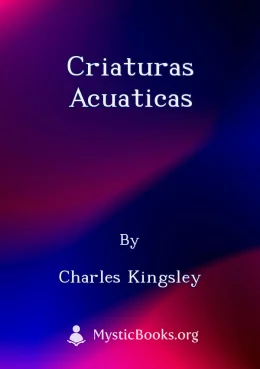
criaturas acuaticas
The Water-Babies is a children's fantasy novel by Charles Kingsley. It tells the story of Tom, a young chimney sweep who falls into a river and is transformed into a water baby. Tom's adventures in the underwater world teach him about the importance...
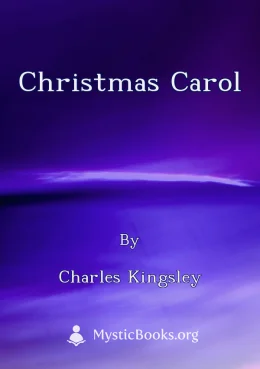
Christmas Carol
Charles Kingsley's *A Christmas Carol* is a Victorian-era novella that explores themes of social justice, redemption, and the true spirit of Christmas. It tells the story of a wealthy, yet miserly man who is visited by three spirits on Christmas Eve....